ICSE Class 10 History & Civics is a high-scoring subject for students who prepare with clarity and consistency. While the syllabus is vast, the exam questions often follow a recognizable pattern. Understanding that pattern through the analysis of previous year question papers (PYQs) can make your preparation smarter and more targeted.
At Deeksha Vedantu, we encourage students to study not just harder, but strategically. This blog presents a complete PYQ pattern breakdown for ICSE Class 10 History & Civics, including topic trends, frequently asked questions, and exam-focused tips to help students excel.
Why Analyzing Previous Year Questions Is Essential
Track Important Topics and Recurring Questions
Certain chapters appear consistently in board papers year after year. By analyzing past questions, students can identify:
- Which topics are most frequently tested
- How questions are framed around similar themes
- What kinds of answers are expected for full marks
This helps focus your revision on areas that matter most.
Understand the Question Structure and Weightage
PYQs help students understand the structure of the exam paper. For example:
- Short-answer factual questions in Civics
- Extract-based or context questions in History
- Timeline, cause-effect, and comparative questions
By studying these, students develop familiarity with the types of questions they’ll face.
Prepare Strategically Based on Trends
Studying PYQs allows students to allocate time more effectively across chapters. If a topic has high frequency in past papers, it deserves more attention. This approach saves time and improves results.
ICSE History & Civics Paper Format at a Glance
Civics Section: Topics and Question Types
The Civics portion generally covers:
- The Union Legislature (Parliament)
- The Union Executive (President, Prime Minister, Cabinet)
- The Judiciary (Supreme Court, High Court)
Questions in this section are usually:
- One-mark or two-mark definitions
- Functions and powers of institutions
- Differences between related terms or bodies
Students must be clear with terminology and constitutional facts.
History Section: Chapter Distribution and Style
The History section includes:
- The First War of Independence
- Indian National Movement
- Mahatma Gandhi’s role
- The United Nations and international agencies
- World Wars and their consequences
History questions may be:
- Based on cause and effect
- Extract-based from source material
- Thematic or chronological
Understanding the structure of these questions helps in writing concise and accurate answers.
PYQ Pattern Analysis: Civics
Frequently Asked Questions from the Union Legislature
Some recurring questions include:
- Name the two houses of Parliament
- Qualifications for becoming a member of the Lok Sabha
- Powers and functions of the Speaker
- Differences between the Rajya Sabha and Lok Sabha
- Types of bills and their procedures
These questions are direct and scoring if memorized clearly.
High-Weightage Topics from the Executive and Judiciary
The Union Executive and Judiciary also receive significant attention. Common questions include:
- Powers of the President under different articles
- The Prime Minister’s role and appointment process
- Difference between discretionary and executive powers
- Jurisdiction of the Supreme Court
- Structure and hierarchy of Indian courts
These often appear as 2- to 3-mark questions and require a blend of memorization and interpretation.
Commonly Repeated Terms and Definitions
Every year, the paper includes 1-mark questions asking students to define or explain:
- Question Hour
- Money Bill
- Judicial Review
- Collective Responsibility
- Impeachment
Practicing definitions from PYQs ensures quick scoring in Section A.
PYQ Pattern Analysis: History
Freedom Struggle and National Movement Questions
A significant portion of the History paper focuses on India’s struggle for independence. Frequently asked questions include:
- The role of the Indian National Congress
- Methods of Mahatma Gandhi (Satyagraha, Non-Cooperation, Civil Disobedience)
- The Partition of Bengal and Swadeshi Movement
- Acts such as Rowlatt Act, Government of India Act 1935
PYQs often involve writing short analytical answers about movements, leaders, and turning points.
World War and UN-Based Questions
Another recurring set of questions come from the World Wars and post-war global reforms. Common topics include:
- Causes and consequences of World War I and II
- Rise of dictatorship in Europe
- The establishment and organs of the United Nations
- Functions of WHO, UNESCO, and Security Council
These chapters often carry predictable 3-mark and 5-mark questions.
Map and Timeline-Based Question Trends
While map-based questions are rare in ICSE History, chronological understanding is important. Students are often asked:
- Arrange events in the correct order
- Write about events of a specific decade
- Identify the impact of one event on another
PYQs help train students to sequence events correctly and draw connections between them.
How to Use This PYQ Pattern for Smart Preparation
Create Chapter-Wise Question Banks
As you revise each chapter, compile previous year questions topic-wise. For example, gather all questions from past papers related to the Supreme Court or Indian National Congress. Practice answering them from memory.
Practice Extract and One-Liner Responses
Civics and History often ask extract-based questions or one-liners requiring precision. Practicing these helps:
- Improve clarity
- Build accuracy in facts
- Train you to answer within the word limit
PYQs are excellent for mastering this format.
Revise Definitions and Key Acts Regularly
Legal and constitutional definitions are tested every year. Dedicate time weekly to:
- Revise key terms from Civics chapters
- Memorize important dates and Acts from History
- Solve flashcard-style questions using your PYQ bank
Repetition ensures better retention.
FAQs
1. How many years of PYQs should I refer to for ICSE History & Civics?
It is recommended to study at least the last 5 to 7 years of question papers to understand trends and important topics.
2. Are questions repeated in ICSE History & Civics?
While exact questions are not repeated, similar themes, definitions, and short-answer formats appear regularly across years.
3. Should I write full answers while practicing PYQs?
Yes, especially for 3- and 5-mark questions. Writing full answers helps improve structure, clarity, and timing.
4. How do I score well in Civics?
Focus on writing accurate definitions, learning key facts from the Constitution, and practicing functions and differences through past questions.
5. Does Deeksha Vedantu provide PYQ-based study material for ICSE?
Yes. Deeksha Vedantu provides chapter-wise PYQ compilations, mock tests, model answers, and evaluation support to help students prepare effectively for ICSE History & Civics.
Conclusion
Success in ICSE Class 10 History & Civics is not just about covering the syllabus—it’s about understanding the pattern of questions and mastering how to answer them. Previous year questions offer a powerful insight into what the ICSE board focuses on and how students can align their preparation accordingly.
At Deeksha Vedantu, we guide students in using PYQ analysis as a strategic tool. From creating personalized question banks to timed practice and expert feedback, our approach ensures every student is exam-ready with clarity and confidence.
Use the breakdown of patterns, question styles, and frequently asked topics to plan smarter. With regular practice and focused effort, History & Civics can become one of your highest scoring subjects.
Table of Contents


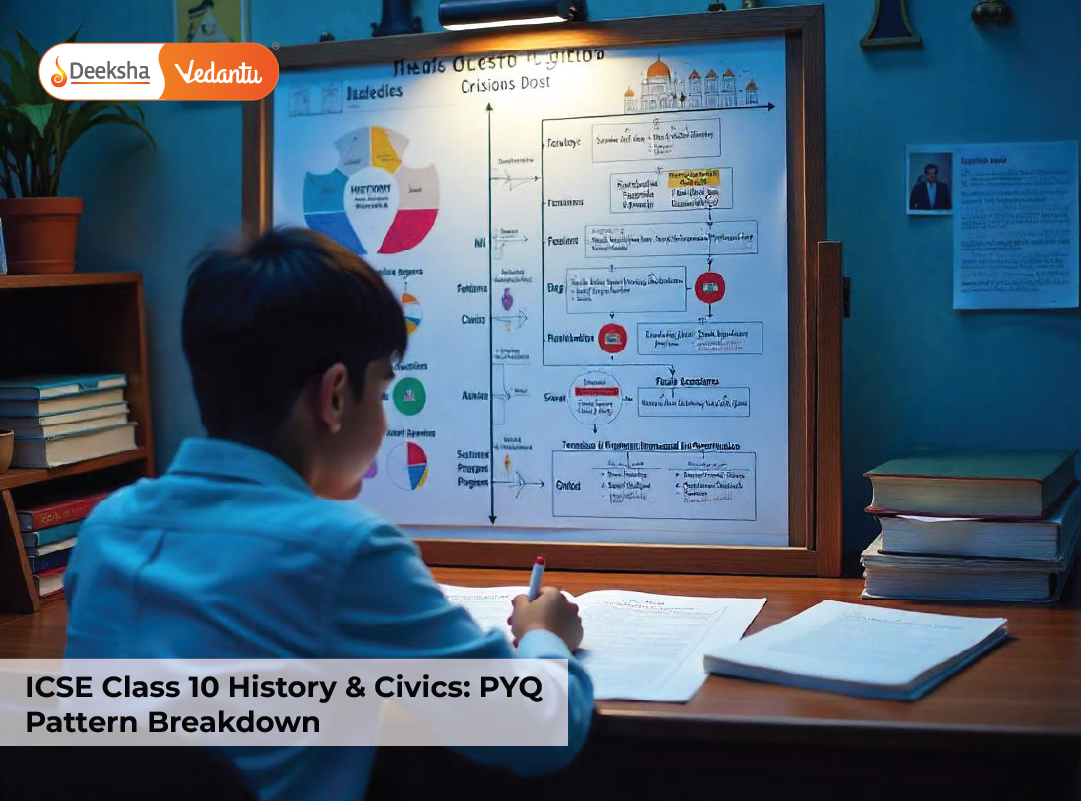


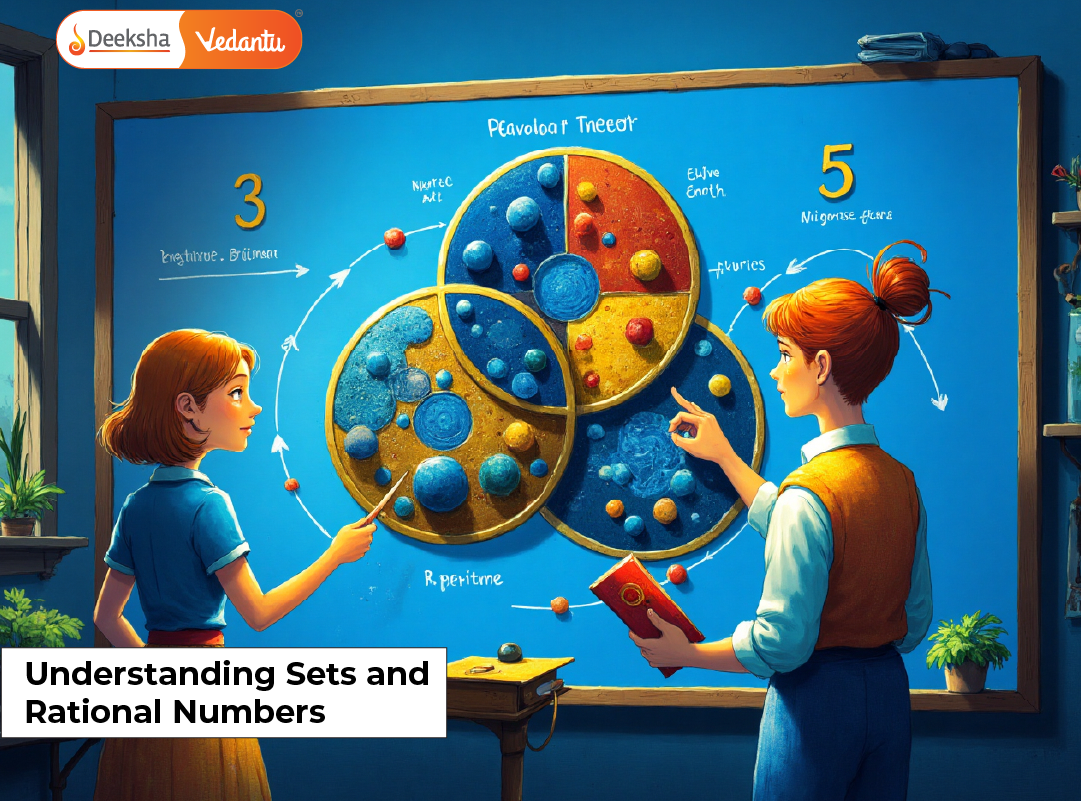

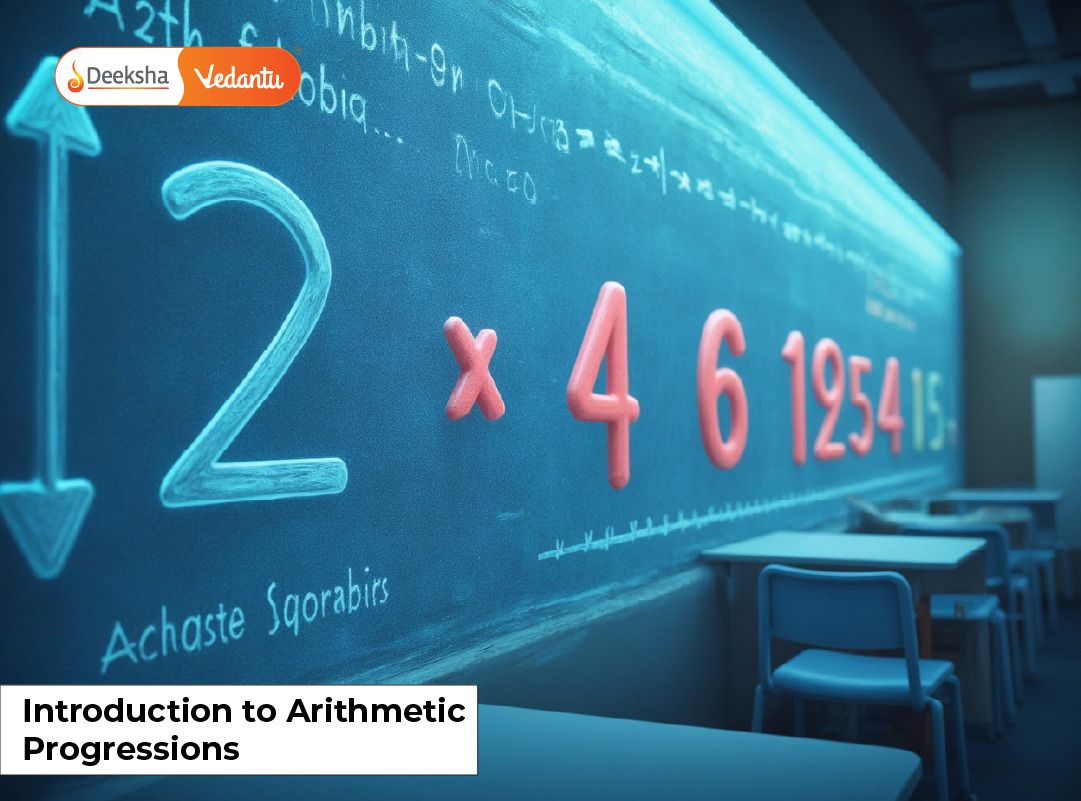

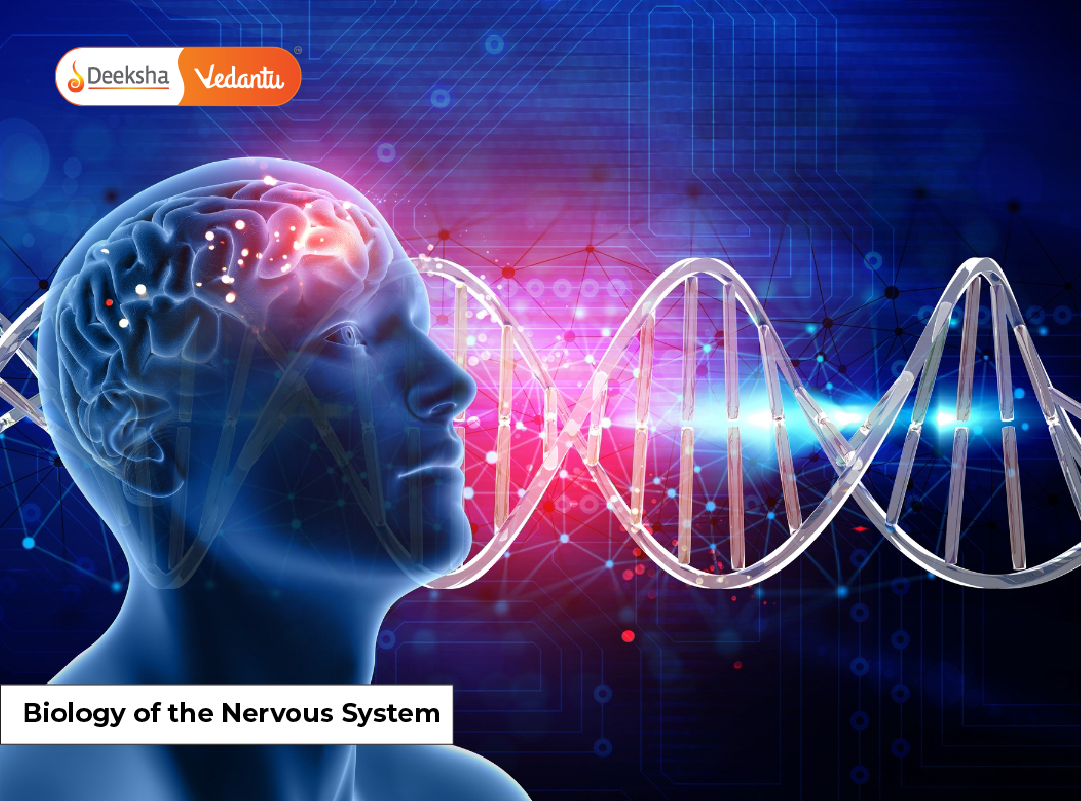
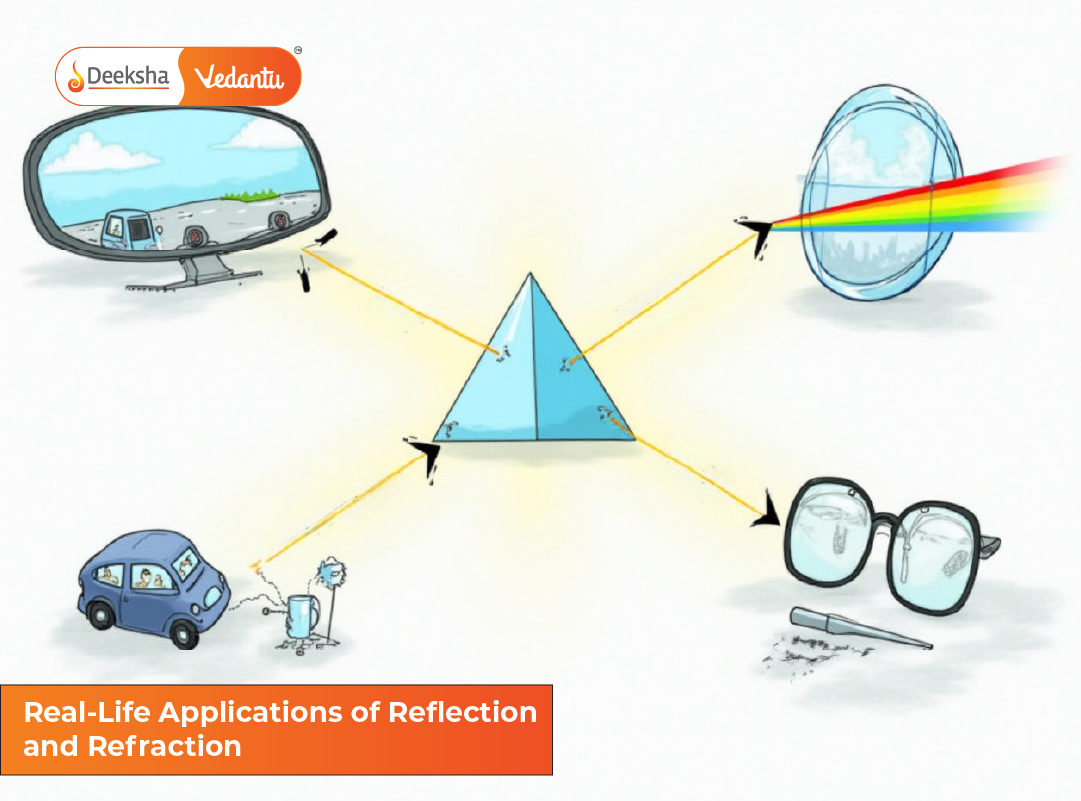
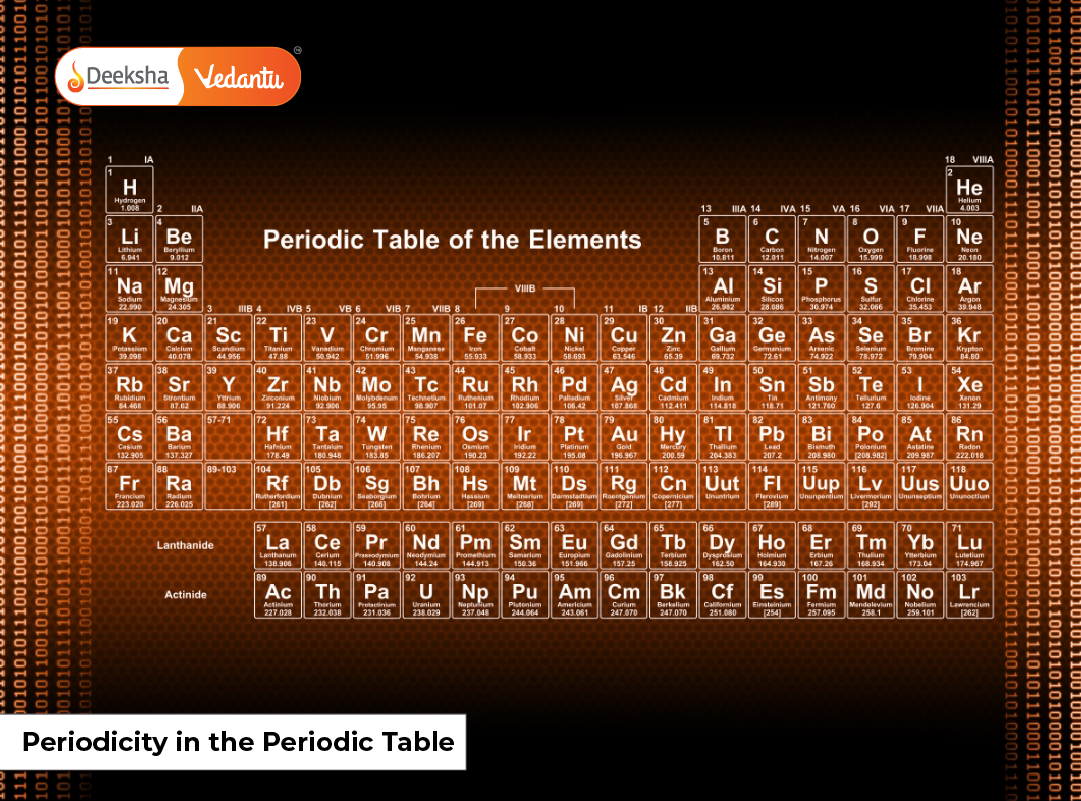



Get Social